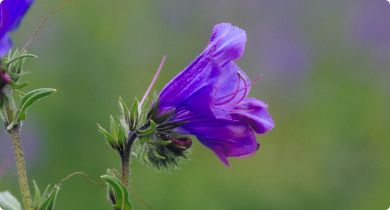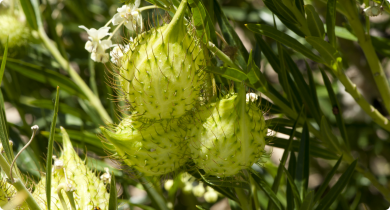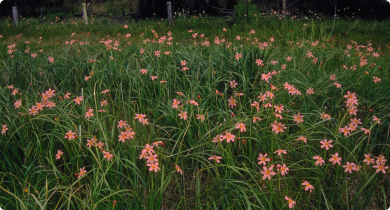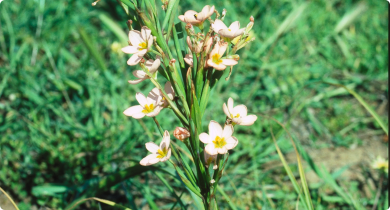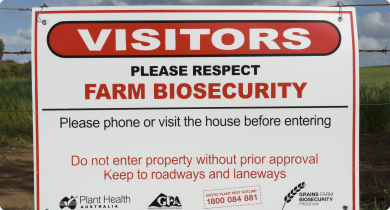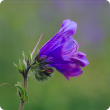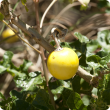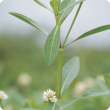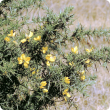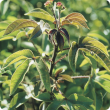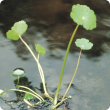Control methods
Pests, weeds and diseases (pests) pose serious risk for primary producers as they can impact on market access and agricultural production. Pest control is best achieved with an Integrated Pest Management plan using a range of biological, chemical, mechanical, physical or cultural control methods.
To reduce the impacts of pests, the Department of Primary Industries and Regional Development:
- works with landholders and grower/community/biosecurity groups on control
- provides diagnostic services and information on prevention, management and treatment
- provides biosecurity measures to prevent introduction, and to eradicate or manage current pests.
For advice on control methods search our website or contact our Pest and Disease Information Service (PaDIS).
Filter by search
Filter by topic
- Weeds (45) Apply Weeds filter
- (-) Remove Declared plants filter Declared plants
- Chemicals (43) Apply Chemicals filter
- Herbicides (42) Apply Herbicides filter
- Weeds of National Significance (16) Apply Weeds of National Significance filter
- Biological control (4) Apply Biological control filter
- Mechanical, physical and cultural (3) Apply Mechanical, physical and cultural filter
- Invasive species (1) Apply Invasive species filter
- Fungicides (1) Apply Fungicides filter
- Biosecurity & quarantine (1) Apply Biosecurity & quarantine filter
- Biosecurity (1) Apply Biosecurity filter

